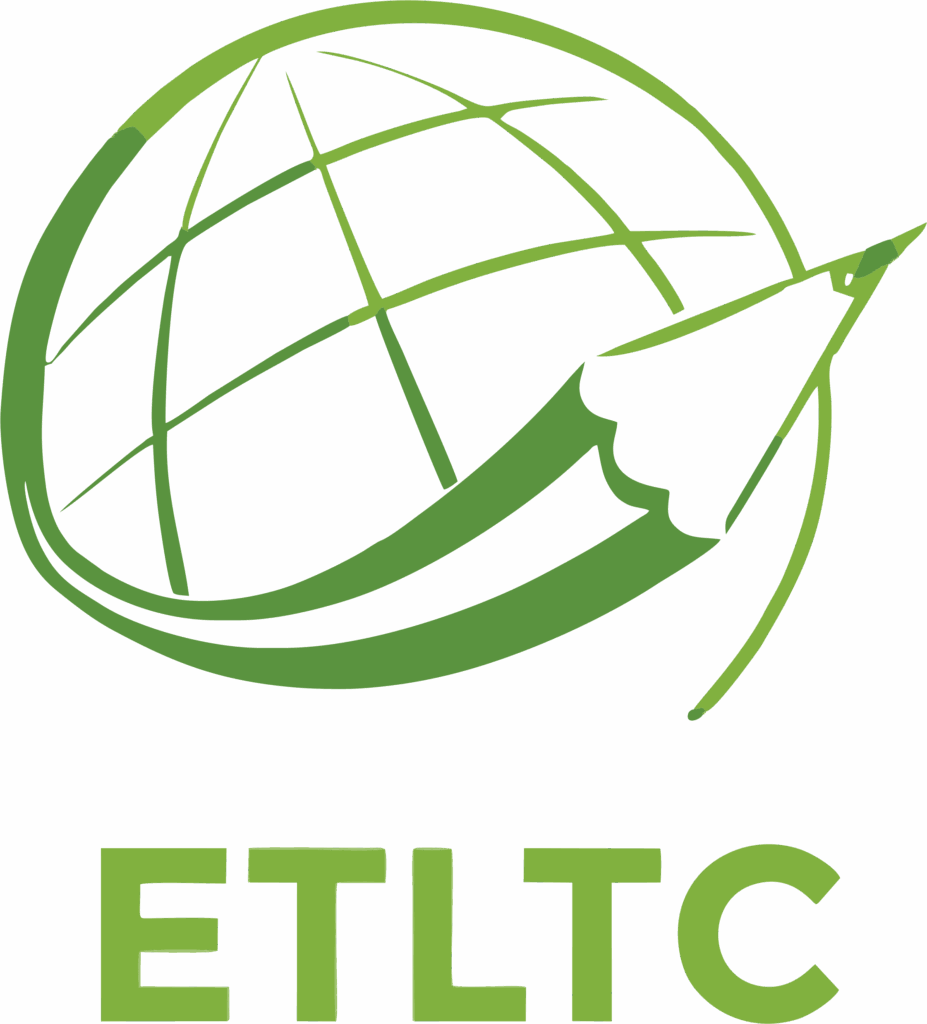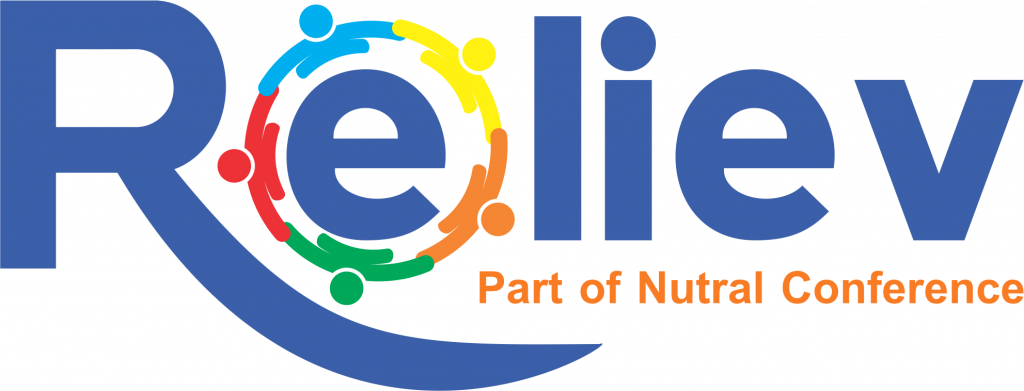Nutral Conference in Religious Studies Evaluation on Digital Revolution (Reliev)
Theme: "Reevaluating Religious Studies in the Digital Revolution Towards Sustainable Development Goals"
Conference Description
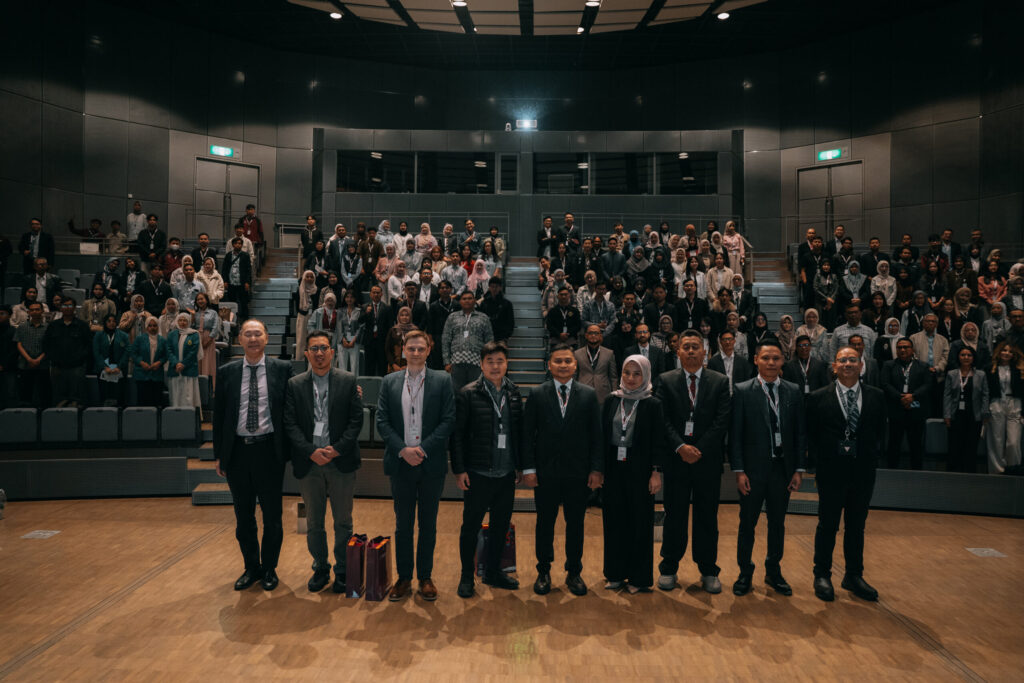
Welcome to the Nutral Conference in Religious Studies Evaluation on Digital Revolution (Reliev 2026), themed “Reevaluating Religious Studies in the Digital Revolution Towards Sustainable Development Goals”. This pioneering international conference brings together religious scholars, educators, technologists, community leaders, and policymakers to critically examine the profound impact of the digital revolution on religious studies and practices.
Reliev 2026 is dedicated to exploring how the intersection of faith and technology can contribute meaningfully to the United Nations Sustainable Development Goals and foster a more harmonious global society. The conference will showcase insightful research and innovative digital applications in religious contexts, highlighting the transformative role of digital tools in advancing quality education (Sustainable Development Goal 4) and reducing inequalities (Sustainable Development Goal 10) through enhanced access to religious knowledge and interfaith dialogue. Furthermore, Reliev 2026 emphasizes the crucial role of religious perspectives in building peace, justice, and strong institutions (Sustainable Development Goal 16), contributing to sustainable cities and communities (Sustainable Development Goal 11), and strengthening global partnerships (Sustainable Development Goal 17) through collaborative digital initiatives.
Join us in this vital dialogue to shape a future where religious wisdom and digital innovation converge to build a more inclusive, peaceful, and sustainable world.
Scopes
Topics of Interest include, but not limited to :

SDG 4: Quality Education
- Digital religious literacy and online theological studies
- Innovative pedagogies for faith-based education in the digital era
- Virtual classrooms, e-learning platforms, and open religious resources
- Integration of artificial intelligence and data-driven tools in religious education
- Development of inclusive digital curricula for theological training
- Preservation of religious knowledge through digital archives and platforms

SDG 10: Reduced Inequalities
- Enhancing access to religious knowledge through digital platforms
- Technology for interfaith dialogue, mutual understanding, and cultural diversity
- Bridging rural–urban gaps in access to spiritual and religious education
- Empowering marginalized and underrepresented groups through digital inclusion
- Gender equity in digital religious education
- Addressing the digital divide in faith-based communities

SDG 11: Sustainable Cities and Communities
- Faith-based contributions to digital citizenship and social cohesion
- Role of religious institutions in promoting harmony in smart and connected cities
- Digital tools for strengthening local wisdom, community traditions, and spiritual practices
- Preservation of religious heritage through digital transformation
- Building sustainable interfaith communities in urban digital spaces
- The role of religion in fostering resilience and social sustainability

SDG 16: Peace, Justice, and Strong Institutions
- Legal, ethical, and moral frameworks for digital religion and technology use
- Religion’s role in countering online extremism, hate speech, and radicalization
- Promoting digital ethics and integrity in faith-based communication
- Governance of online religious institutions and digital congregations
- Interfaith collaborations for peacebuilding through technology
- Transparency and accountability of religious organizations in the digital age

SDG 17: Partnerships for the Goals
- Global collaboration in digital religious studies research
- Partnerships between academia, religious institutions, and technology providers
- Public–private cooperation for inclusive religious technology initiatives
- Knowledge-sharing networks for faith and technology innovation
- Interdisciplinary research alliances on religion, ethics, and digitalization
- International cooperation on preserving cultural and spiritual knowledge digitally
Publication Opportunity
As part of our commitment to enhancing the quality and visibility of scholarly work, this conference collaborates with the ETLTC Conference Series for proceedings publication. Selected articles that have undergone peer review and fall within the scope of the ETLTC Conference Series will be published in their proceedings, as has been practiced in previous conferences.
The ETLTC Conference Series has established partnerships with Engineering Proceedings (MDPI) and AIP Publishing, both indexed by Scopus, offering a broad opportunity for researchers to publish their work in reputable international outlets.
Since not all research fields can be accommodated under the ETLTC Conference Series, the organizing committee is currently in the process of establishing contracts with additional publishers, including Scopus-indexed proceedings and reputable journals (Scopus-indexed / Nationally Accredited by Sinta), in accordance with the relevance of specific research fields.
Detailed information regarding the publication aims and the list of official publication outlets will be announced on the website once the contracts with the respective publishers have been finalized.


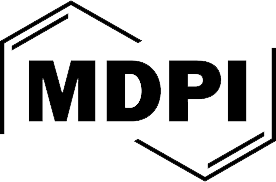

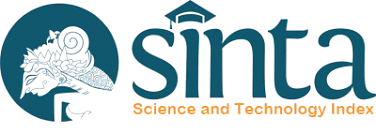


Important Dates
| Date | Event |
|---|---|
| February 10, 2026 | Deadline Payment Phase I (Registration Fee) & Full Paper Submission |
| May 18, 2026 | Notification of Acceptance I |
| June 12, 2026 | Deadline Payment Phase II (Publication Fee) |
| July 3, 2026 | Deadline Full Paper Revision |
| August 18, 2026 | Notification of Acceptance II |
| August 26-28, 2026 | Conference Date |
Welcome Speech
Jhon Doe
Software Engineer
Jhon Doe
Software Engineer
Jhon Doe
Software Engineer
Primary Keynotes
Prof. Sivakumar N S, B.E., M.E., Ph.D
Nusa Putra University
Lorem ipsum dolor sit amet consectetur adipiscing elit. Quisque faucibus ex sapien vitae pellentesque sem placerat. In id cursus mi pretium tellus duis convallis. Tempus leo eu aenean sed diam urna tempor. Pulvinar vivamus fringilla lacus nec metus bibendum egestas. Iaculis massa nisl malesuada lacinia integer nunc posuere. Ut hendrerit semper vel class aptent taciti sociosqu. Ad litora torquent per conubia nostra inceptos himenaeos.
ID Scopus: 56435413000
Jhon Doe
Software Engineer
Lorem ipsum dolor sit amet consectetur adipiscing elit. Quisque faucibus ex sapien vitae pellentesque sem placerat. In id cursus mi pretium tellus duis convallis. Tempus leo eu aenean sed diam urna tempor. Pulvinar vivamus fringilla lacus nec metus bibendum egestas. Iaculis massa nisl malesuada lacinia integer nunc posuere. Ut hendrerit semper vel class aptent taciti sociosqu. Ad litora torquent per conubia nostra inceptos himenaeos.
ID Scopus: 00000000000
Attended by
Jhon Doe
Software Engineer
Jhon Doe
Software Engineer
Jhon Doe
Software Engineer
With a Special Performance by
Jhon Doe
Software Engineer
Jhon Doe
Software Engineer
Jhon Doe
Software Engineer
Conference Organizers & Partners
Host
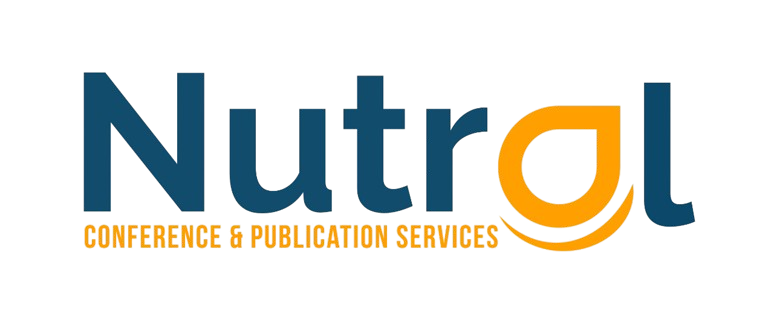
Co-Host
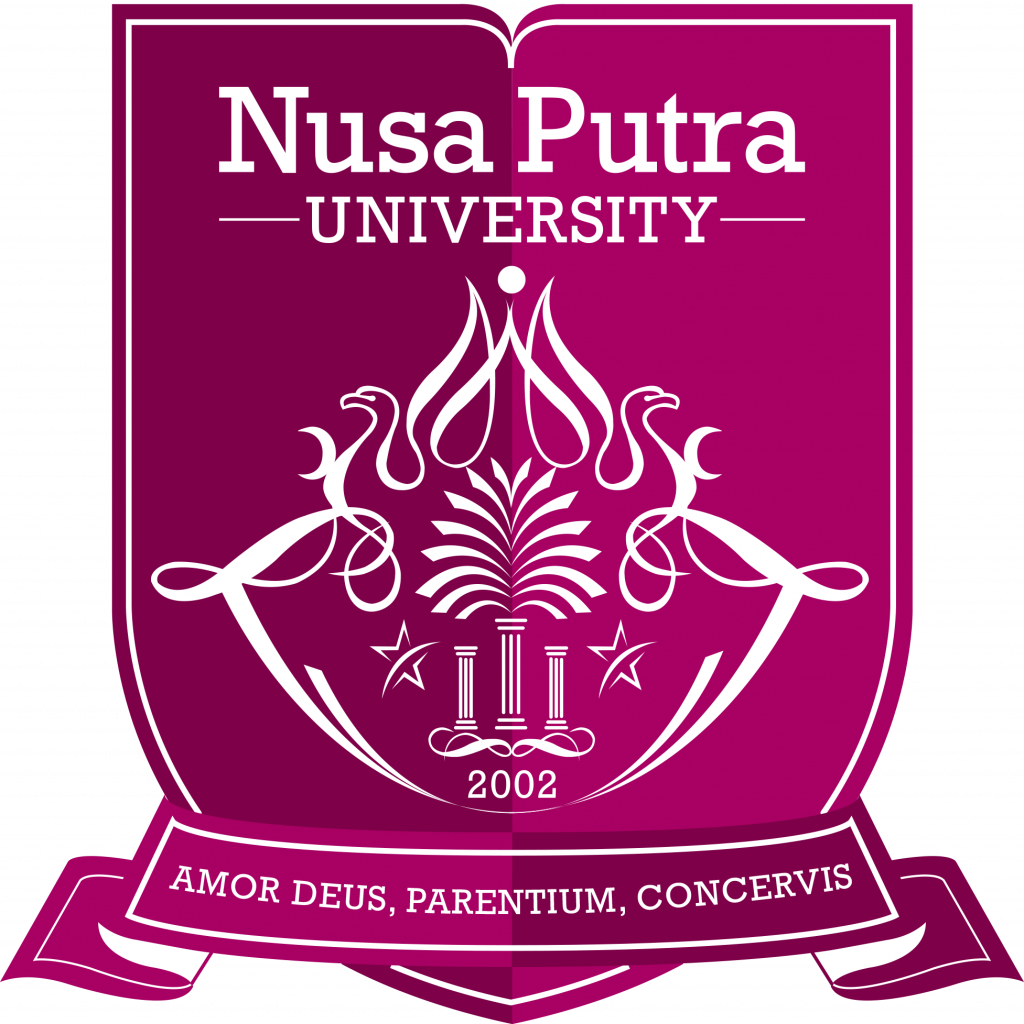

Partners
